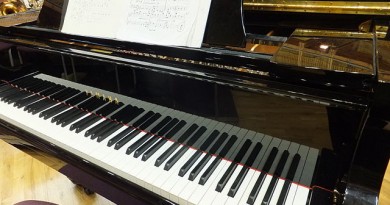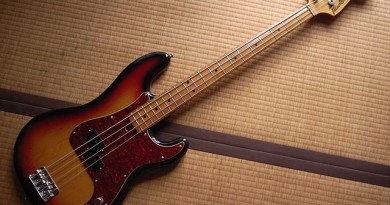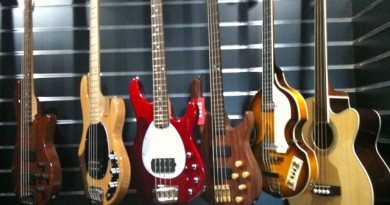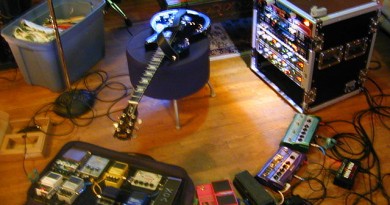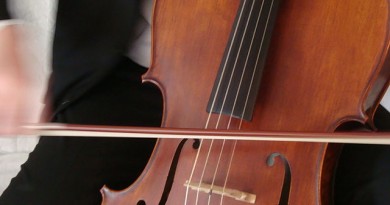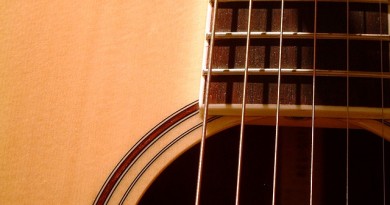How Much Does It Cost To Tune A Piano?
Tuning a piano is not an easy task. Most professionals agree that you should not attempt the task without the supervision of an expert, unless you are an expert yourself. Accordingly, piano tuning cost can be as much as $150, though you may find a knowledgeable tuning professional who charges as little as $75. Much of the variability is due to an excess or lack of piano tuners in your area. As well, factors like the condition of the piano, and the length of time since it was last tuned may accordingly raise or lower the cost of piano tuning in a particular situation.
Average Cost of Piano Tuning
The average cost of piano tuning is in the area of $100. This may seem expensive, but tuning a piano can be an extremely difficult and time-consuming task. A large grand piano may have as many as 250 strings (in sets of 3, 2, and 1), and even smaller pianos have over 200 strings. Every one of these strings needs to be tuned during the session. Piano tuning cost can rise or drop depending on the piano’s condition, as a piano that has been neglected for too long may be so out of tune that it may no longer be possible to tune it at a standard rate.
DIY Piano Tuning
Do-it-yourself piano tuning is not recommended unless you are working with, or are yourself, an experienced professional. Piano tuning cost can be avoided by DIY means, but you can do some major damage if you are hasty and inexperienced, leading to the need for work that is very expensive. If you must try it for yourself, it is crucial that you use the correct tools and proceed very slowly. You will need a high-quality tuning lever (also known as a piano tuning hammer), string mutes, and a tuner made specifically for tuning pianos. Piano tuning kits are not generally recommended due to the quality of the tuning lever (you are better off putting the money towards piano tuning cost). After removing the cabinetry (use a screwdriver if appropriate) you will be able to locate the many string pins. It cannot be stressed enough that you need to double and triple-check to make sure you are adjusting the correct pins for the correct keys. Failure to adhere to this principle can lead to string breakage, which is a whole other beast to deal with. The cost of piano tuning will surely increase if replacing strings is involved. Usually the middle A (440 Hz) note is the only key that is tuned to an outside reference (a tuning key or electronic tuner is common). From that note, the middle C is matched, and then the octave of notes is tuned according to middle C. This may sound straightforward, but the process behind getting each note in tune is advanced. The western scale of music (12 semitones) is not a perfect tuning.
Adjustments need to be made to each string to account for this imperfection, and this work is a large part of piano tuning cost. This is called adjusting the temperament, and it is accomplished by matching “beats”. When two notes are struck together, any slight difference in their intended interval (space between notes) can result in the sound quickly swelling and subsiding. Each completed rise and fall of sound is known as a beat. When a note is struck on a piano, the ringing strings create a main tone as well as several harmonics. The strings must be adjusted so that the beats between intervals are sonically pleasing. This process is very intricate, and is also a good indication of why the cost of piano tuning can be high, but worth it. Some pianos have been left for so long without being tuned that no professional will even attempt it. The reason for the refusal is that horribly out of tune pianos may need to have their pitch raised. This is a process that requires several passes of tuning every string, and would take too much time to make the job worth their time regardless of the piano tuning price they charge. This situation is perfect for starting to learn DIY piano tuning.
Piano Tuning Service
It must be remembered that piano tuners have two major responsibilities. They are there to tune your piano, and they are there to make sure the piano keeps its tuning for as long as possible. They accomplish these tasks with specialty tools, extreme patience, and lots of knowledge. An inexperienced piano tuner may be able to get your instrument in tune, but if they are not skilled enough to secure the tuning you may be out an extra hundred dollars when you need to have it tuned a week later. Piano tuning cost is not always an indication of the practitioner’s skill, so do your homework.
Piano Tuning Tools
There are several tools involved in the piano tuning process, the total of which may exceed the cost of piano tuning by a professional (for at least one, but possibly many sessions). You will want a high quality piano tuning lever, as this is the most used and most important tool in a tuner’s repertoire. Cheap levers (under $50) are not recommended due to their often-shoddy construction and materials. Some of the most expensive levers run for over $700, which would cover at least seven sessions worth of piano tuning costs. Mutes only cost a few dollars each, which is great because you will need at least two of them. Avoid kits if at all possible, unless you find one with a high quality lever (this is rare). If you end up purchasing a tuning lever with interchangeable tips, you will also need to purchase a tuning tip wrench. This tool is the only way to ensure the sturdiness of the connection, and eliminates problems related to movement of the lever during tuning.
You will almost definitely need a chromatic tuner for pianos unless you are a seasoned veteran of the trade. Strobe tuners are useful, as are tuners that can be placed very close to the strings. Tuning software is available online for prices similar to their physical counterparts. Either way, quality electronic tuners will add at least $100 to the total piano tuning cost. For software tuners, you will also need to spend at least that much for a quality microphone that can be placed close to the strings. Also, some professionals may use a tuning fork to initially calibrate a single key (usually A) before tuning the rest by reference. Tuning forks are very affordable at under $30, but are best left to veterans.
- 759SHARES

